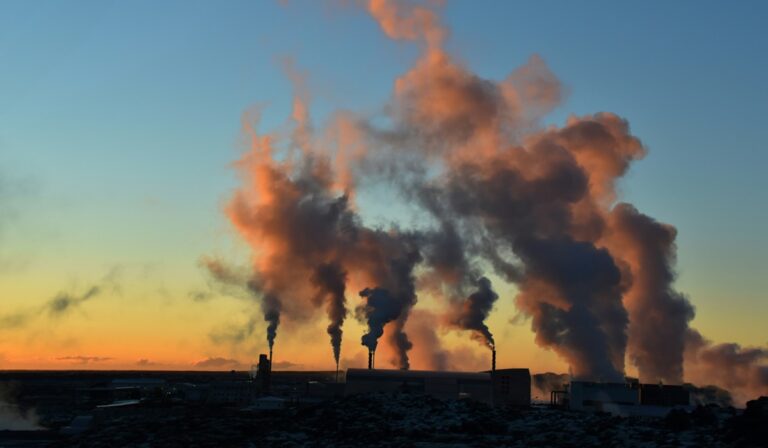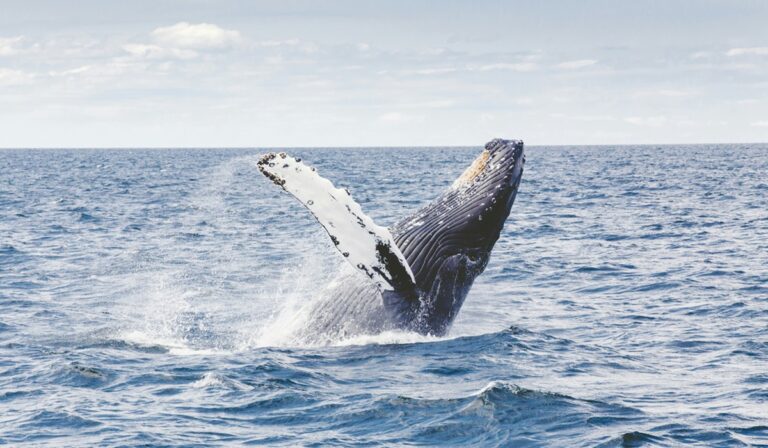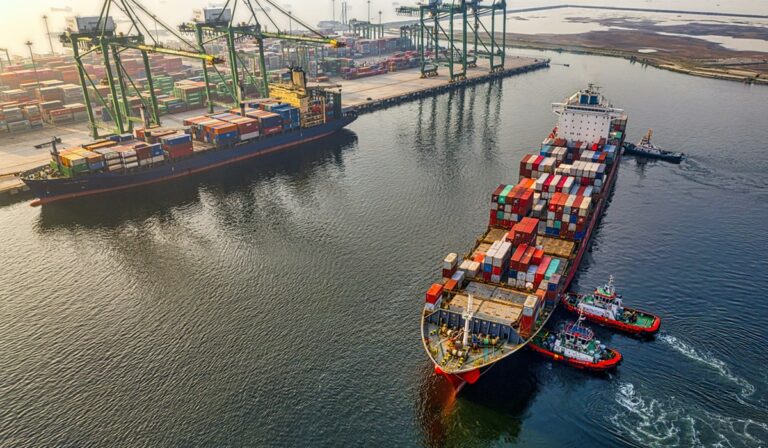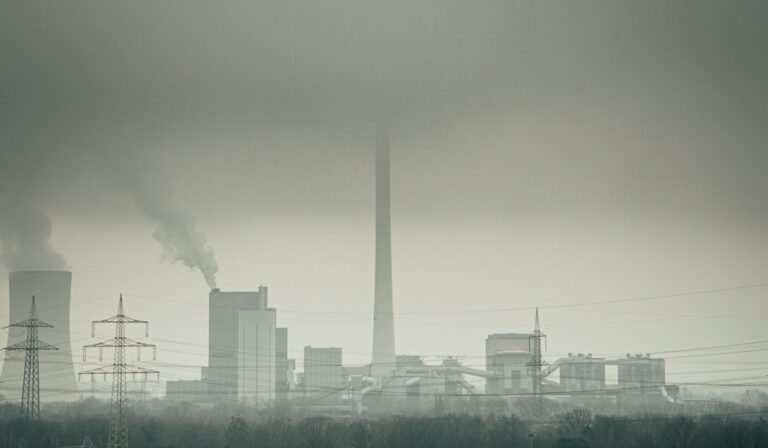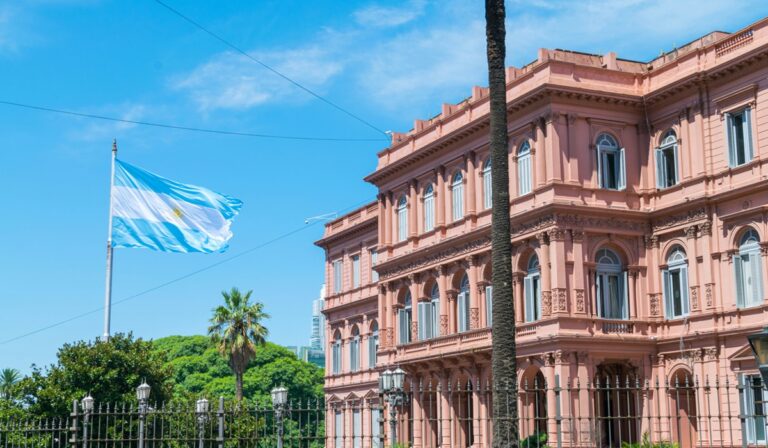Canada to make contraception for women free
The government will pay for the most widely used methods to avoid pregnancy, such as IUDs, contraceptive pills, hormonal implants or the day after pill, for the nine million Canadian women of reproductive age, Deputy Prime Minister Chrystia Freeland said at a press conference. “Women should be free to choose the contraceptives they need without cost getting in the way. So, we’re making contraceptives free,” Prime Minister Justin Trudeau said.
Canada to make contraception for women free Read more


